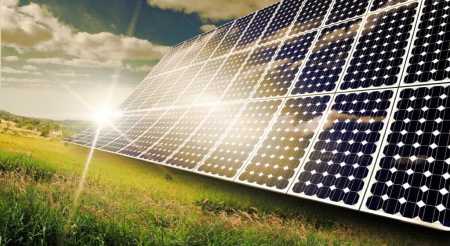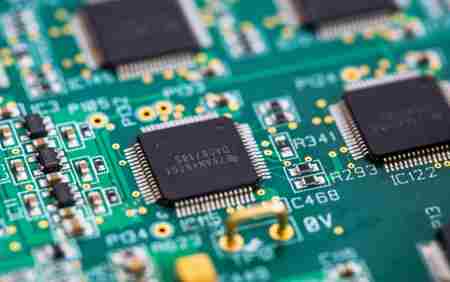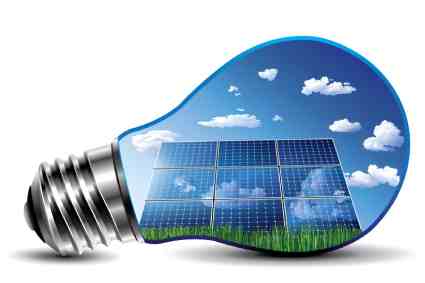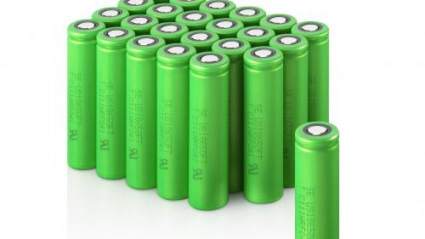Researchers have successfully developed a highly efficient and sustainable robot, named RoboMapper, designed to conduct experiments for the development of new semiconductor materials with desired properties. This innovative technology has already proven its capabilities by rapidly identifying improved stability and solar cell efficiency in new perovskite materials.
RoboMapper revolutionizes the conventional materials research process, eliminating the need for researchers to individually prepare and test each sample using various instruments. Instead of following a time-consuming assembly line approach, RoboMapper miniaturizes material samples through modern printing, allowing multiple samples to be placed on each chip simultaneously. By automating the data collection process for multiple materials in parallel, RoboMapper significantly reduces time, cost, and energy consumption.
Aram Amassian, the corresponding author and a professor of materials science and engineering at North Carolina State University, emphasizes that RoboMapper not only accelerates the search for new materials but also minimizes the carbon footprint, making it a more sustainable approach.
The research team compared the environmental impact of traditional materials research and data collection methods with that of RoboMapper. They discovered that characterization, a critical step in traditional research, significantly contributes to greenhouse gas emissions. However, RoboMapper’s ability to streamline data collection and place multiple materials on a single chip reduced greenhouse gas emissions tenfold.
The team demonstrated the effectiveness of RoboMapper by focusing on perovskite materials. Perovskites, known for their exceptional light-absorption properties, outperform silicon in solar cell efficiency. With perovskite solar cells being thinner and lighter without compromising their electricity conversion ability, they hold promise for next-generation solar technologies.
In summary, RoboMapper presents an exciting advancement in materials research, streamlining the process, reducing environmental impact, and enabling the development of advanced semiconductor materials, such as perovskites, for various applications, including solar energy.
- Eurekalert






